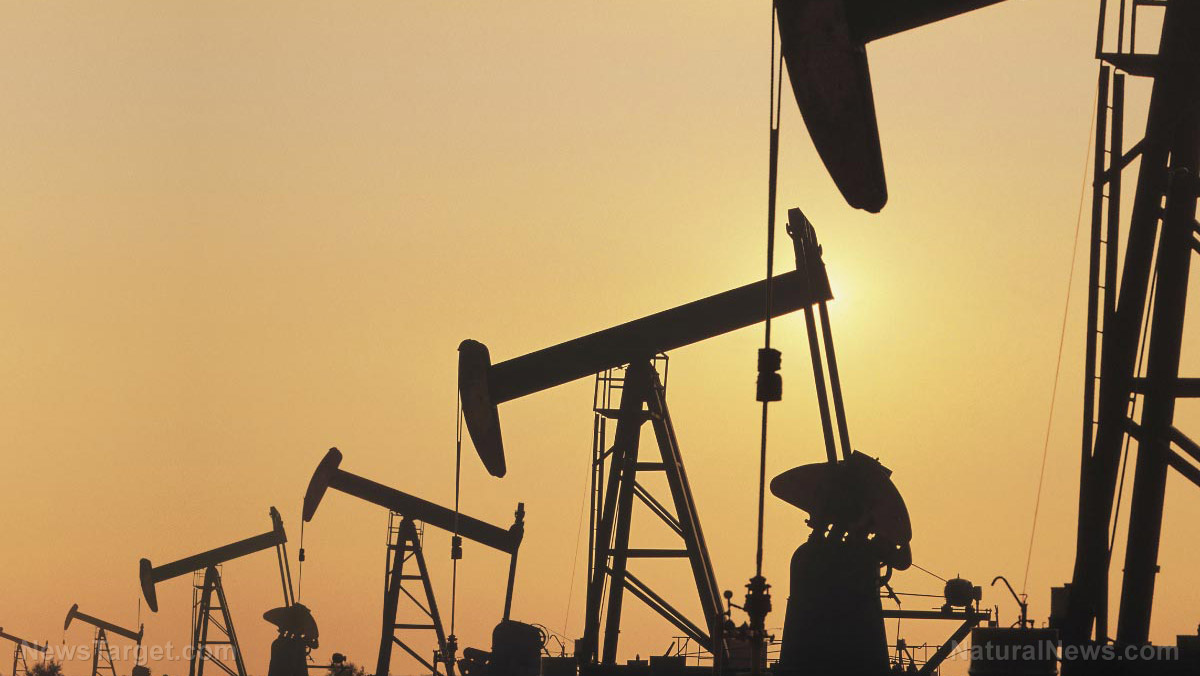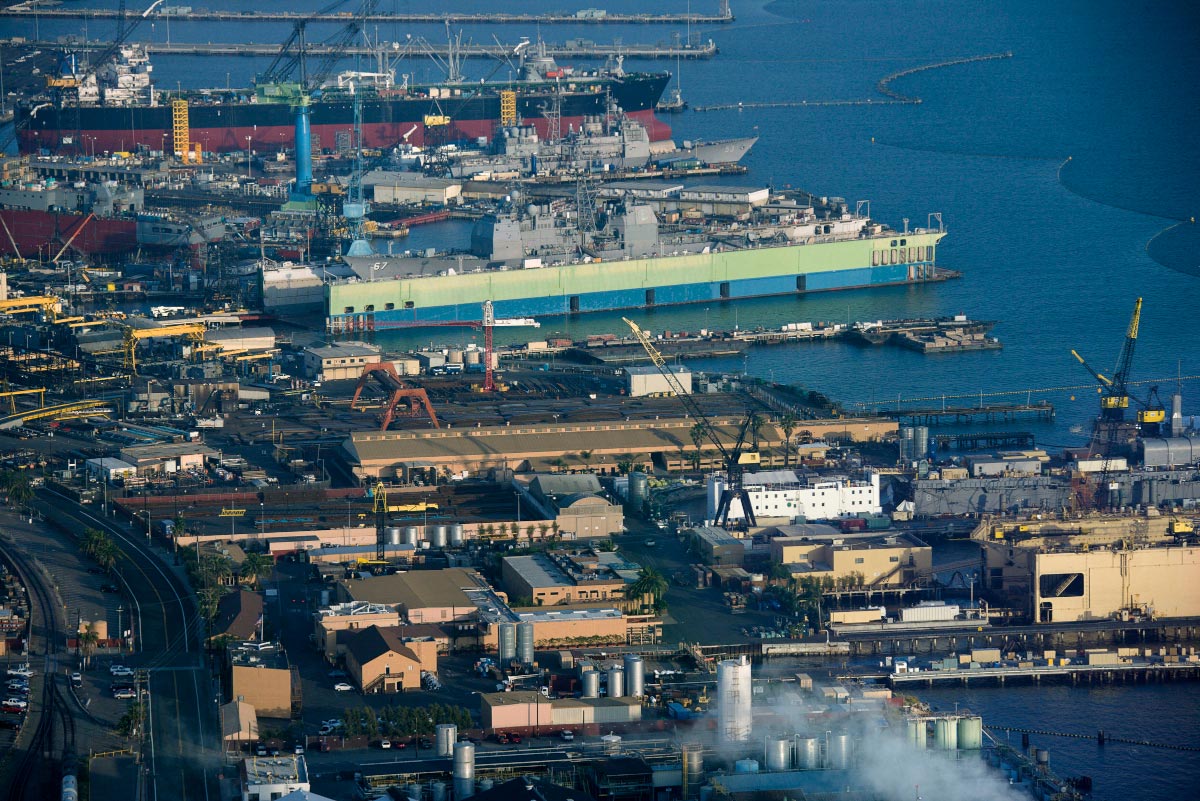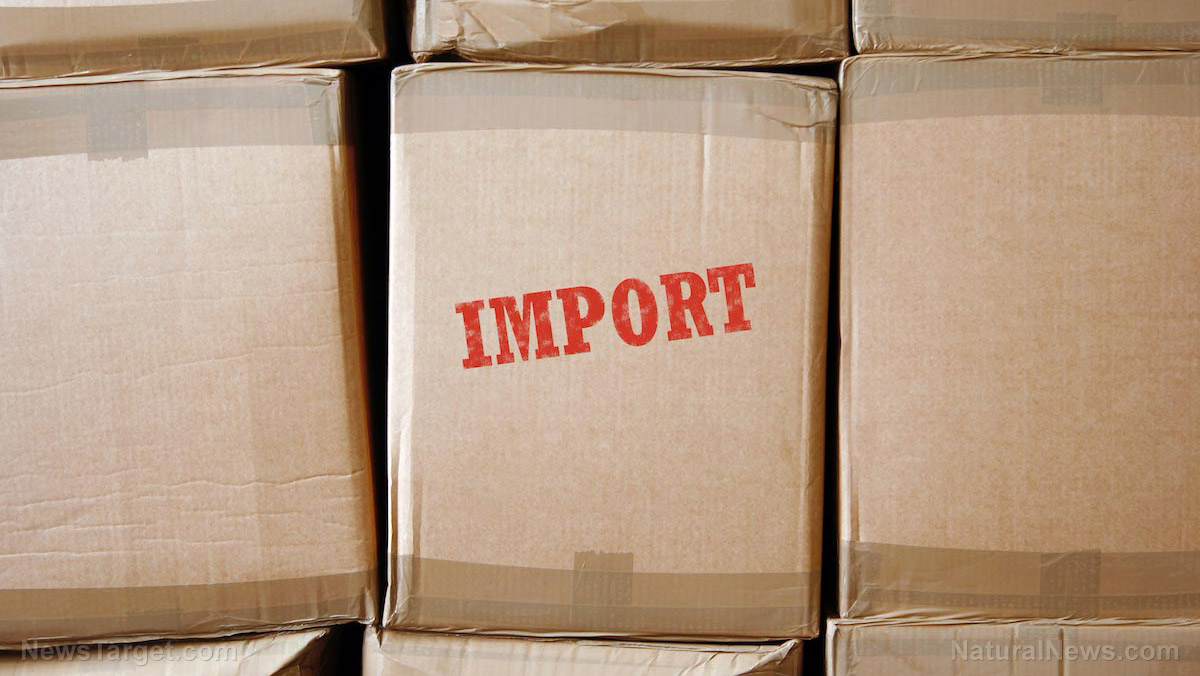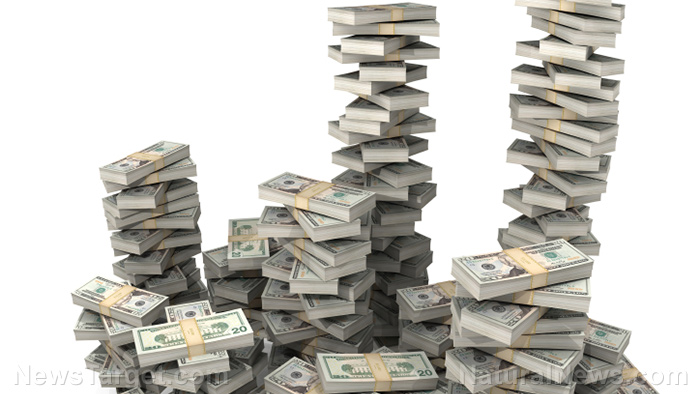Nickel prices skyrocket to 7-year high amid supply chain crisis
10/27/2021 / By Zoey Sky
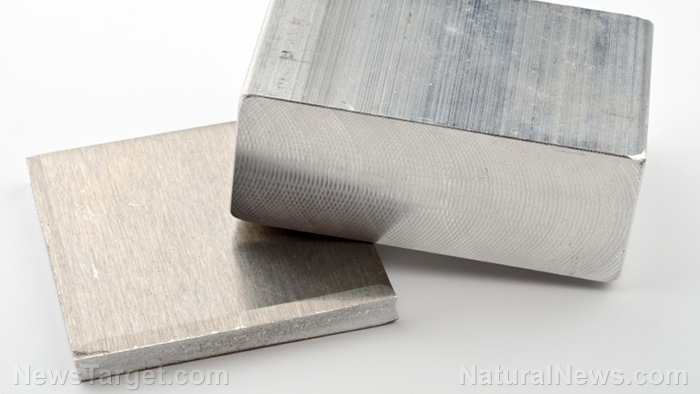
Nickel prices have skyrocketed amid dwindling supply concerns, sending prices in London to a seven-year high.
The silvery-white metal is commonly used to make stainless steel and other alloys stronger. It also increases their ability to withstand extreme temperatures and corrosive environments.
In 2011, at least 80 percent of the primary (not recycled) nickel consumed in America was used in alloys like stainless steel and super alloys. Since nickel increases an alloy’s resistance to corrosion and its ability to withstand extreme temperatures, equipment and parts made of nickel-bearing alloys are often used in harsh environments like chemical plants, jet engines, petroleum refineries, power generation facilities and offshore installations.
Cookware, cutlery and medical equipment are often made of stainless steel and nickel because it is easy to clean and sterilize. Nickel is also used to make batteries, jewelry, smartphones, vehicles and buildings.
Nickel’s price at its highest since 2014
Contracts for nickel on the London Metal Exchange increased by 4.6 percent to $20,963 per metric ton on Wednesday, Oct. 21 – the highest since May 2014. Nickel has doubled in price in 2021.
“At this juncture, watch the critical cash-three month gap, which is already backwardation and has the scope to widen further. It was last at $83/ton, the biggest in two years. Spiking spreads have been an important feature for record-setting tin, which has rallied almost 90 percent this year, and similarly in the copper market,” warned Bloomberg.
The nickel supply crisis is also primarily caused by mining company Vale SA, one of the world’s top nickel producers. The company slashed its production outlook for 2021 after a strike at its Canadian mine. On Tuesday, Oct. 19, Vale announced that its nickel output would be in the range of 165,000 to 170,000 tons. The company’s original projections were at 200,000 tons.
The announcement came a day after courts suspended operations at the company’s Onca Puma mine in Brazil.
On Wednesday, Oct. 20, Tesla Chief Financial Officer (CFO) Zachary Kirkhorn announced that the company had seen an impact from a significant increase in industrial metal prices, especially aluminum and nickel.
Kirkhorn added that this forced Tesla to replace iron-based batteries with nickel-based batteries for its standard models across world markets to cut costs. (Related: Tesla secures deal to buy nickel from New Caledonia mine.)
Meanwhile, MMC Norilsk Nickel PJSC, the world’s largest refined nickel producer, reported declining output in the third quarter of the year.
The Philippines, the world’s second-largest nickel ore producer, announced that its 2021 output would be 10 percent lower than the annual average because of torrential rains and a shortage of vessels for transport.
Nickel production at Nornickel went down 23 percent to 129,858 tons in the first three quarters from the same period a year earlier. The prospect of lower supplies comes as stainless steel demand improved in recent months as the aerospace and oil-and-gas industries gradually recover from the 2019 record low.
Ongoing logistics problems caused by the pandemic, along with shipping issues in the Atlantic, Pacific and Indian basins, have made it more difficult for consumers to get their hands on raw materials like nickel. Experts note that there will be fewer nickel ores from top supplier Indonesia, which is also affecting the price of the industrial metal.
Back in September, Indonesia said that it had plans to either ban or tax exports of semi-processed products needed to make stainless steel to keep more of the metal in the country and support a domestic industry that makes a lot of electric-vehicle batteries. Strategic research provider BloombergNEF has predicted that the price of nickel will remain over $18,000 per ton for 2021.
Sources include:
Tagged Under: Bubble, Collapse, corporations, crisis, industrial metals, Inflation, market crash, nickel, pandemic, price increase, products, risk, shortage, supply chain, supply chain crisis
RECENT NEWS & ARTICLES
COPYRIGHT © 2017 MARKET CRASH NEWS












